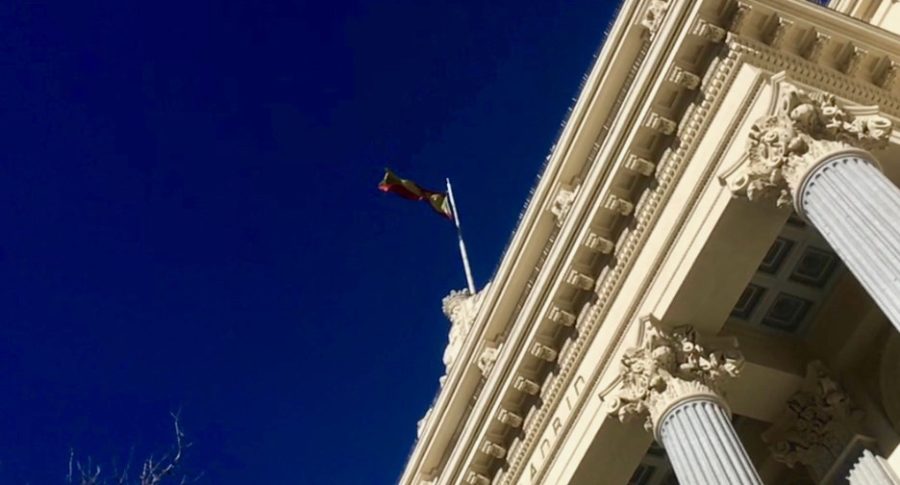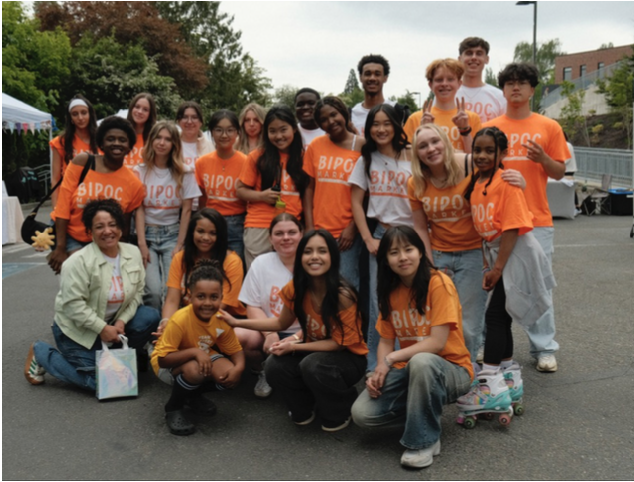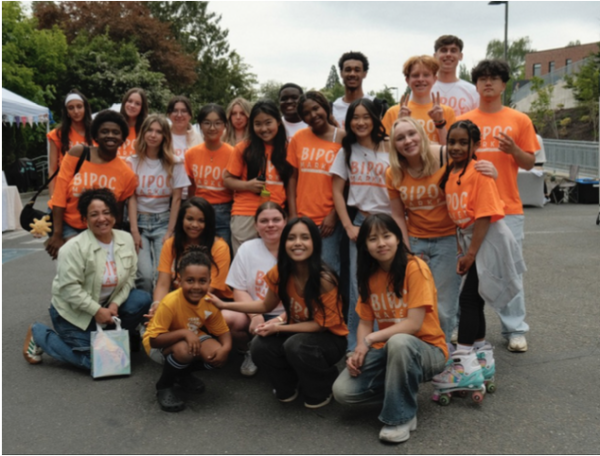Perspectives from Madrid on Catalonian secession
March 5, 2019
Student Life editor Julia Henning recently returned from a six week exchange in Madrid, Spain.
If you go up to anyone in Madrid and ask them their thoughts about the possible split of Catalonia from Spain, the first response is a long pause and then a sigh.
This is what I experienced living in Villaviciosa de Odón, a small suburb of Madrid. It is a common opinion in Madrid in particular that the community of Catalonia should not secede from the rest of Spain as it has been trying for almost 50 years now.
The whole split and the reasons for it are complicated, and it has created a divide in the opinions of the people of Spain. Starting in 2008 with a financial crash in the country, the pro-independence people of Catalonia, a region in northwest Spain, believed that Spain was charging too many taxes and had cut back too much on public spending. They have been pushing to separate the community ever since. In 2017, 90% of voters backed the split, but the turnout in whole was only 43% of Spain. But currently in the Catalonian parliament, which is the major decider, the vote is leaning toward unity by only 2 votes. It is a complicated process if pro-independence supporters actually wanted to separate from the country. It won’t be for many years if it does happen, but it could turn out to be so one day.
For many people of Madrid, the history of Catalonia should be the reason for unity. Catalonia also holds a lot of trade power with 25.6% of Spain’s exports, 19% of Spain’s GDP, and 20.7% of foreign investment (according to the Ministry of Economy and the Bank of Spain). But Catalonia has its own language, flag, and parliament system, which pro-independence supporters see as reasons for secession.
To my host family in Madrid, the country of Spain is a whole and every community is an equal. Because Catalonia offers 20% of the country’s economic output, many anti-independence people, including my host family, fear an economic downfall if Catalonia were to gain independence. It is unlikely to happen in the near future, but looking further down the road, the movement may pick up speed and independence has the possibility to be brought into effect.










